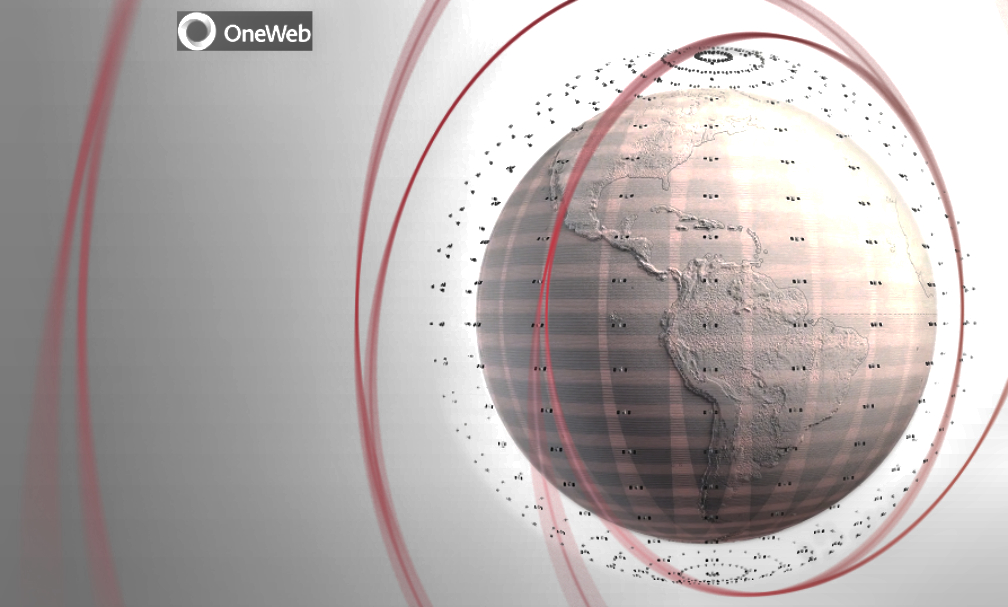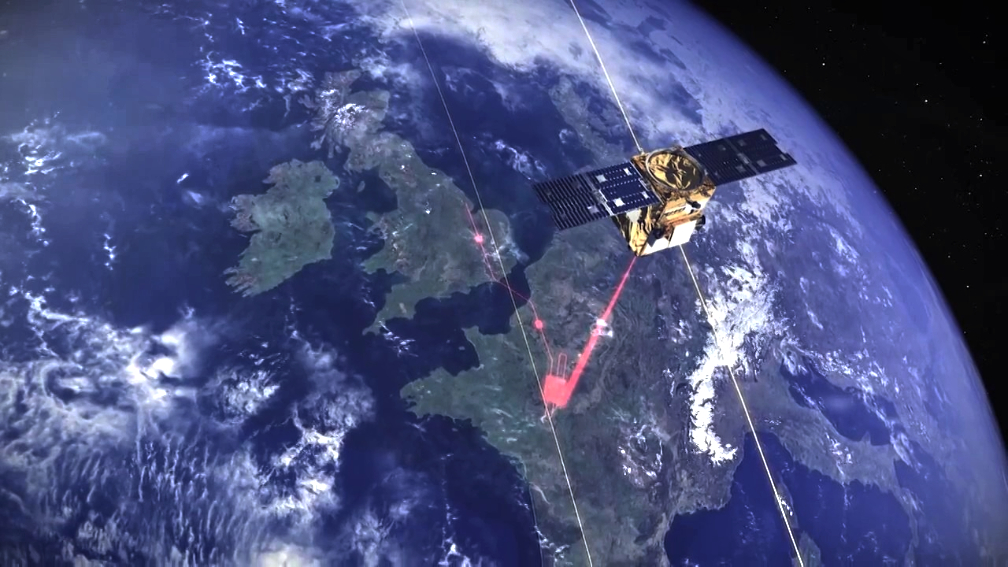
Eutelsat’s CEO Rodolphe Belmer, in a meeting with a French parliamentary committee, told delegates that the OneWeb satellite consortium is now a “European asset” and that it was likely to be the only mega-constellation not owned by the US.

Eutelsat has a 17.5 per cent investment stake in OneWeb, with the British Government owing a similar amount. However, India and Japan are also major investors, as is Hanwha of South Korea.
Belmer told the parliamentarians that with the Eutelsat investment it meant that it was a very competitive asset in the low-latency world that is coming. He added that OneWeb would have priority satellite transmission rights, but also referred to Elon Musk’s Starlink and Telesat (of Canada) and its Lightspeed broadband by satellite service as likely to launch.
Moving on to the Egyptian Satellite Company, that firm is already serving some 56 million homes and 270 million viewers across the Middle East, North Africa and the Gulf regions. With the launch next year of Nilesat 301, it is intent on adding more homes and viewers from Africa.
“Being the mainstay satellite of the Arab world, Nilesat has always been present in each and every home, this fact has made an imperative commitment to deliver an unrivaled top-class service from our facilities in Cairo by the highest experienced team,” said CEO Ahmed Anis.
Nilesat’s existing fleet operates from 7 degrees West (while Eutelsat’s adjacent craft operate officially from the same positions, but with their own frequencies). There have been comments from Eutelsat which suggest that the close cooperation between Eutelsat and Nilesat might be coming to an end. Eutelsat’s upcoming results statement on October 27th might update the market on this relationship.
Nilesat 301 is due to be in position in Q2/2022 and will be launched on a Falcon 9 rocket from SpaceX. Nilesat 201, launched in August 2010, is still good for operations until 2028.

“We look into the future with many strategic partnerships among our fellow African countries, and for this Nilesat has built its vision towards its natural expansion in the sub-Saharan Africa with the new Nilesat 301 satellite. Nilesat 301’s design reflects the aim to introduce our services into the African market while upgrading our current and future services in the MENA region,” added Anis.
Key additional potential from Nilesat 301 includes “providing Ka-band over Egypt,” said the company, as well as adding extra capacity for high-definition broadcasts as well as 4K. The 301 will carry 6 Ka-band transponders (for broadband) and 32 Ku-transponders. Dedicated transponder beams will cover sub-Saharan Africa and also the Nile Basin of Ethiopia, Kenya, the Sudan, Tanzania, Somalia and the DR of Congo.
On to Intelsat… A large set of documents have been sent to all parties involved in the Chapter 11 bankruptcy reconstruction of the company.

Back on September 7th, the bankruptcy court handling Intelsat’s affairs issued an order that the Confirmation Hearing on Intelsat’s ‘Disclosure Statement’ and latest ‘Plan of Reorganization’ from bankruptcy will commence on November 8th.
The documents are contained in a USB flash drive sent to interested parties. The plan calls for a reduction of Intelsat’s debt burden from some $15 billion to about $7 billion. Some 75 percent of Intelsat’s debt-holders have already agreed to the debt reduction.
The main thrust of the documentation calls on all holders of financial claims to enter their ballot votes, accepting or objecting to the exit plan. Votes have to be filed by October 29th.
Meanwhile, on September 29th, the bankruptcy court will hear a Motion for the appointment of an Examiner (along with objections to the appointment). Intelsat says, in essence, the request is a last-ditch attempt to gain some leverage by equity holders who are expected to see little to nothing under the plan.
The sponsors of the Motion – who hold a modest 2 percent of Intelsat’s equity – say Intelsat has completely ignored valuable net operating losses and potential causes of action that it believes could provide some recoveries to shareholders.
An examiner is necessary to probe the full value of the company’s assets because it has so far been “ignored or devalued without explanation” in the plan, the group said in documents filed to the court.
